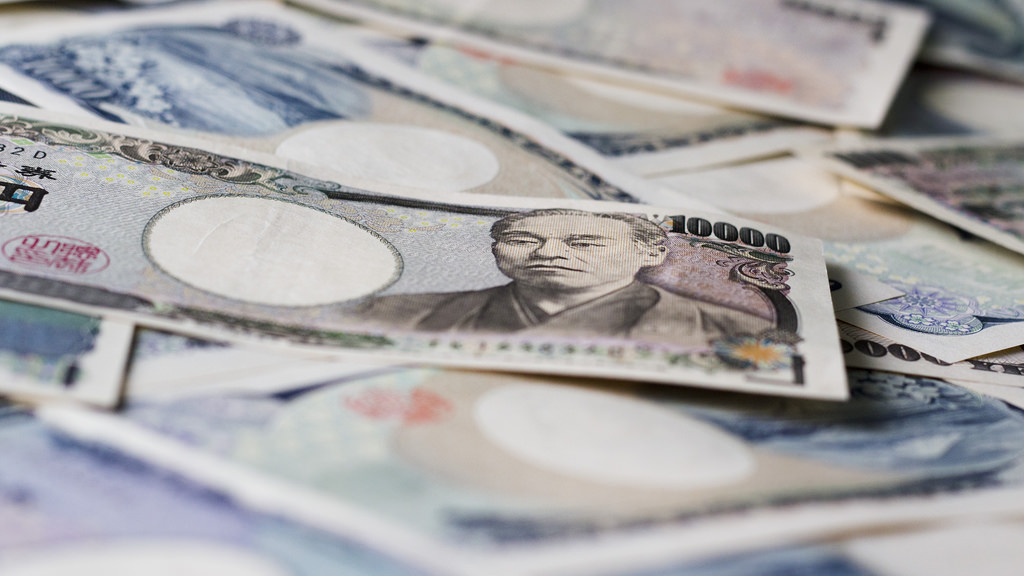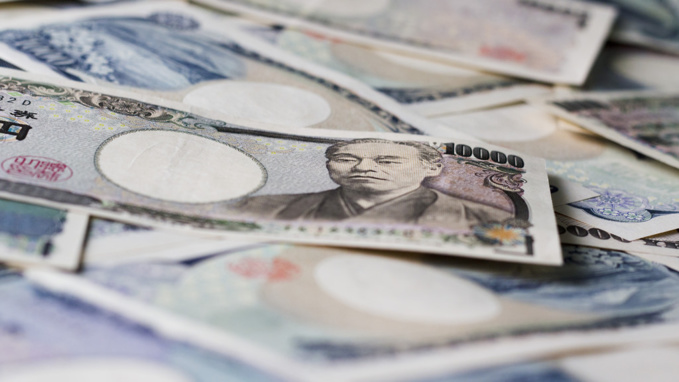The instability was caused by promiscuity of the economy’s sectors. Government spending (+ 2.3%) and private investment in residential real estate has shown positive results, while private consumption (+ 0.2%) and corporate investment were weak during the period.
Atsushi Takeda, an analyst of the Itochu Institute of Economic Research (Itochu ERI) confided to Nikkei that, in his opinion, Japan is on the verge of negative growth. "Private consumption and investment of corporate capital, the two main drivers of domestic demand, were disappointing during the quarter. Only growth of public and private investment in real estate helped avoid decline in the economy. "
Growth of public spending was triggered by supplementary budget of $ 274 billion approved by President Abe in early August. Demand for real estate, in turn, was pushed by lower key rate of the Central Bank of Japan. Yet, private demand is unlikely to become driving force of the economy. "Japan will continue to rely on fiscal and credit policy", - adds Atsushi Takeda.
Toru Suehiro, Senior Market Economist at Mizuho Securities, noted influence of external demand. Exports decline was 1.5%, which lowered GDP by 0.3 percentage points relative to I quarter. "For the first time in the last four quarters, foreign demand contributed to the negative dynamics of the GDP, and that’s concerning. The strong yen and fears about the global economy create a risky situation and worsen conditions for capital investments in the country’s economy, taking into account likely deterioration of results of the largest corporations in the near future".
However, some economists explain the zero growth in the II quarter by the effect of the leap year. Taro Saito, director of economic research at NLI institute, emphasizes that the Ministry forgot about the leap year effect when collecting data on GDP. That is, the officials missed the fact that performance of I quarter 2016 was influenced by the extra day in February. Thus, basis for comparison in the second quarter proved to be overstated. "According to our estimates, the leap year increased the real GDP by 1% in I quarter, and thus raised the base for comparison in the II quarter, having worsened its results".
However, Barclays has already announced reduction of its growth forecasts for the country's economy in the 2016-2017 fiscal year, with the growth of 1% to 0.8%.
Due to the extremely unfavorable geographical location, Japan is almost devoid of its own mineral resources. This fact makes the Japanese economy almost entirely dependent on imported raw materials. In these conditions, foreign economic relations play a strategic role in all of Japan's economy, since they contribute to supply of raw materials inside the country, and exports of Japanese goods.
This dependence on the outside world is negatively affecting the country’s economy. In fact, the export orientation of the Japanese economic system compels the government to maintain good relations with major trading partners - Europe and the USA. The slightest change in exports (for example, its reduction) leads to negative changes in the economic situation, which entails production cuts and an increase in unemployment. In addition, Japan has to stay away from the most important global economic and political disputes, which sometimes weakens its international prestige.
Japan’s close relationship with foreign investors, importers and exporters makes the country quite vulnerable to negative effects of the global crisis, and significantly weakens the national economy. In recent years, growth of Japan’s macroeconomic indicators fell sharply, and the unemployment rate, though still relatively small, adopted a tendency to increase.
Modern Japanese economy faces a number of intractable problems. Decline of the Japanese economy has been triggered by a huge number of different reasons. The external factors include the dollar crisis, which is the main trade currency for the largest Japanese corporations, the economic crisis in the euro zone, etc. In addition, many Japanese companies are on the verge of bankruptcy, and have a huge amount of unpaid debts. Even the climatic conditions there sometimes present not too pleasant surprises. For example, increased seismic activity in Japan often brings devastating aftermath, quite costly to remove.
source: nikkei.com
Atsushi Takeda, an analyst of the Itochu Institute of Economic Research (Itochu ERI) confided to Nikkei that, in his opinion, Japan is on the verge of negative growth. "Private consumption and investment of corporate capital, the two main drivers of domestic demand, were disappointing during the quarter. Only growth of public and private investment in real estate helped avoid decline in the economy. "
Growth of public spending was triggered by supplementary budget of $ 274 billion approved by President Abe in early August. Demand for real estate, in turn, was pushed by lower key rate of the Central Bank of Japan. Yet, private demand is unlikely to become driving force of the economy. "Japan will continue to rely on fiscal and credit policy", - adds Atsushi Takeda.
Toru Suehiro, Senior Market Economist at Mizuho Securities, noted influence of external demand. Exports decline was 1.5%, which lowered GDP by 0.3 percentage points relative to I quarter. "For the first time in the last four quarters, foreign demand contributed to the negative dynamics of the GDP, and that’s concerning. The strong yen and fears about the global economy create a risky situation and worsen conditions for capital investments in the country’s economy, taking into account likely deterioration of results of the largest corporations in the near future".
However, some economists explain the zero growth in the II quarter by the effect of the leap year. Taro Saito, director of economic research at NLI institute, emphasizes that the Ministry forgot about the leap year effect when collecting data on GDP. That is, the officials missed the fact that performance of I quarter 2016 was influenced by the extra day in February. Thus, basis for comparison in the second quarter proved to be overstated. "According to our estimates, the leap year increased the real GDP by 1% in I quarter, and thus raised the base for comparison in the II quarter, having worsened its results".
However, Barclays has already announced reduction of its growth forecasts for the country's economy in the 2016-2017 fiscal year, with the growth of 1% to 0.8%.
Due to the extremely unfavorable geographical location, Japan is almost devoid of its own mineral resources. This fact makes the Japanese economy almost entirely dependent on imported raw materials. In these conditions, foreign economic relations play a strategic role in all of Japan's economy, since they contribute to supply of raw materials inside the country, and exports of Japanese goods.
This dependence on the outside world is negatively affecting the country’s economy. In fact, the export orientation of the Japanese economic system compels the government to maintain good relations with major trading partners - Europe and the USA. The slightest change in exports (for example, its reduction) leads to negative changes in the economic situation, which entails production cuts and an increase in unemployment. In addition, Japan has to stay away from the most important global economic and political disputes, which sometimes weakens its international prestige.
Japan’s close relationship with foreign investors, importers and exporters makes the country quite vulnerable to negative effects of the global crisis, and significantly weakens the national economy. In recent years, growth of Japan’s macroeconomic indicators fell sharply, and the unemployment rate, though still relatively small, adopted a tendency to increase.
Modern Japanese economy faces a number of intractable problems. Decline of the Japanese economy has been triggered by a huge number of different reasons. The external factors include the dollar crisis, which is the main trade currency for the largest Japanese corporations, the economic crisis in the euro zone, etc. In addition, many Japanese companies are on the verge of bankruptcy, and have a huge amount of unpaid debts. Even the climatic conditions there sometimes present not too pleasant surprises. For example, increased seismic activity in Japan often brings devastating aftermath, quite costly to remove.
source: nikkei.com



















